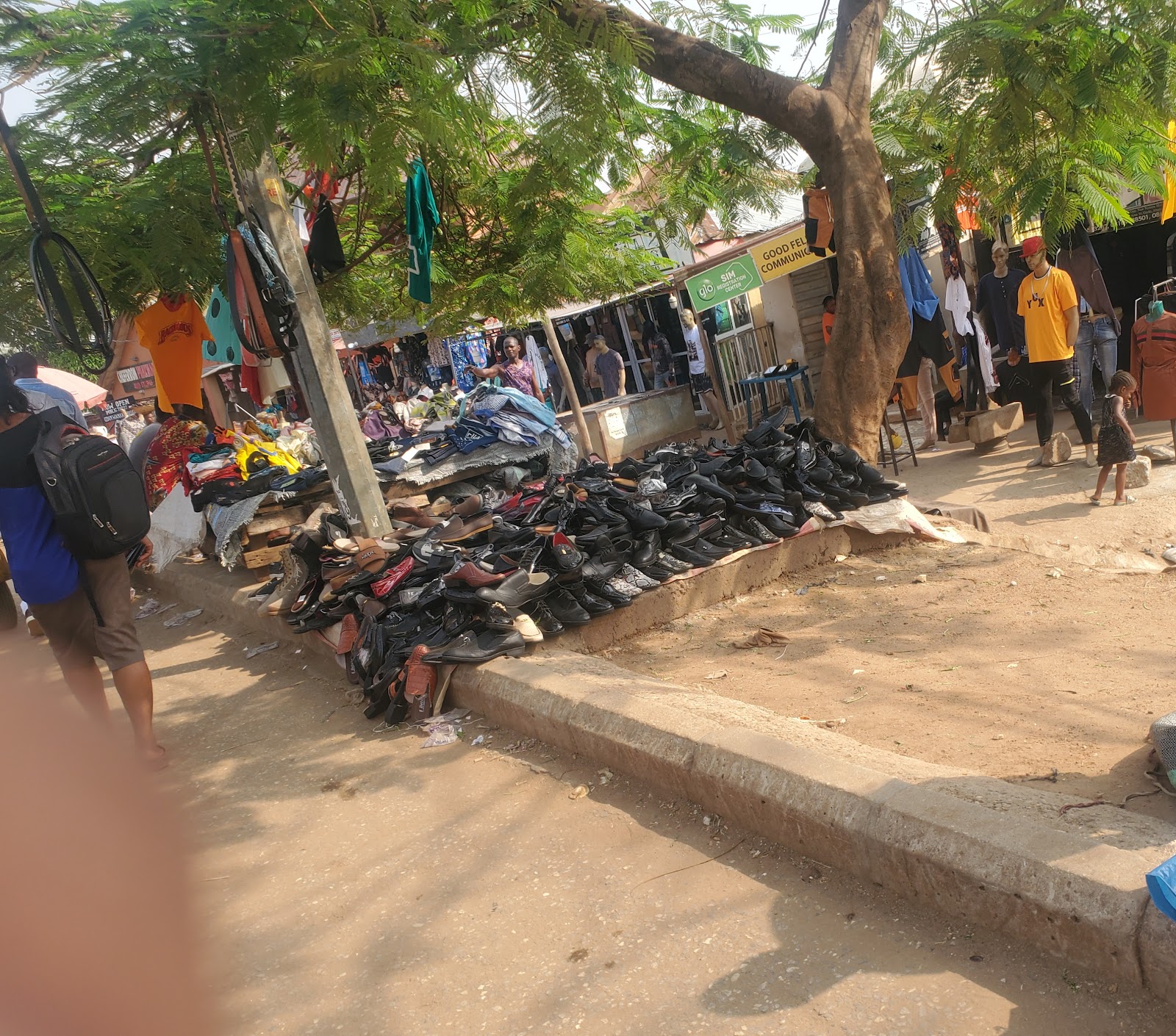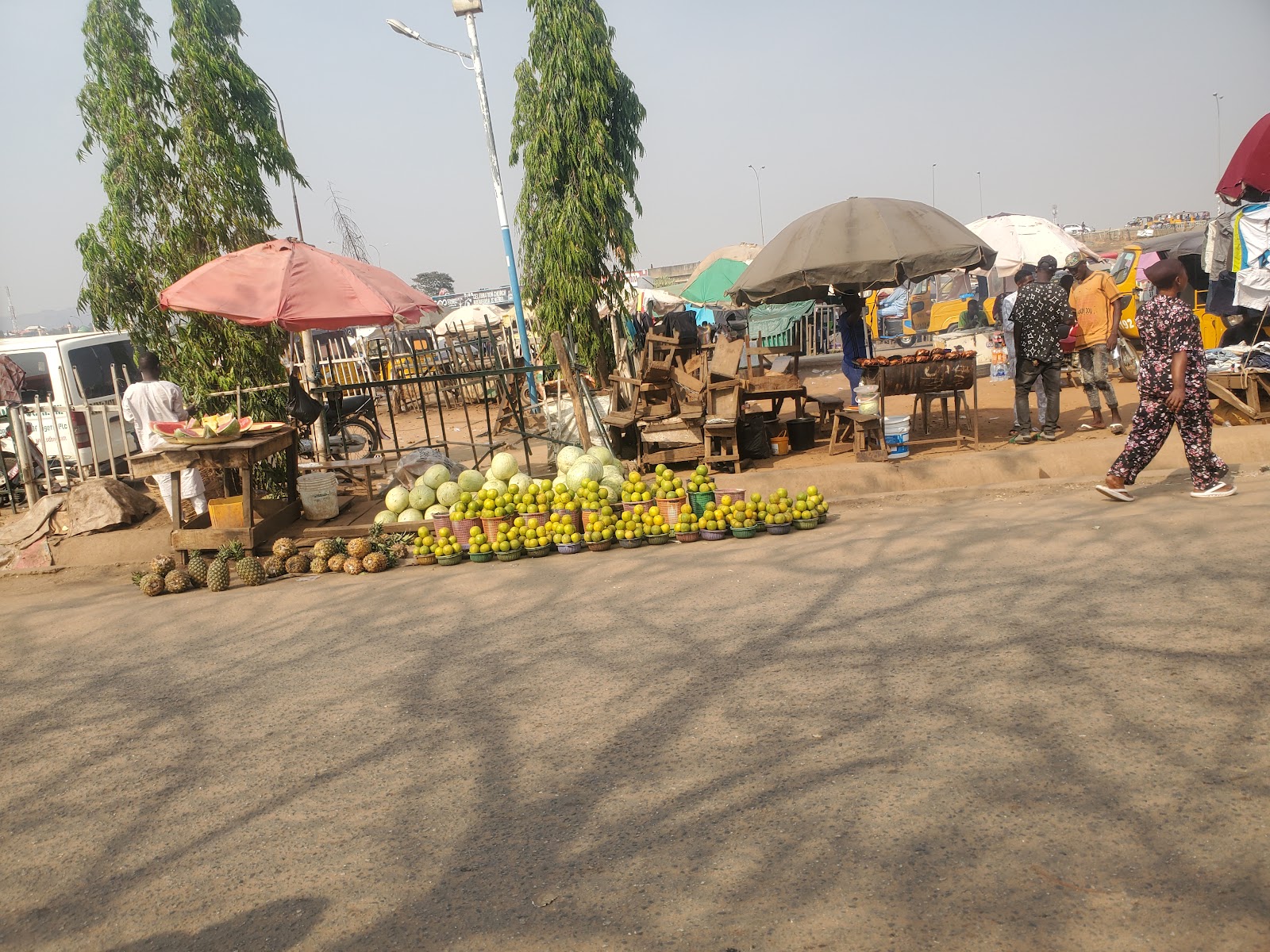Nigeria’s headline inflation rate increased from 21.82 percent in January to 21.91 percent in February 2023, according to data released by the National Bureau of Statistics (NBS) on Wednesday.
This represents a 0.9 percent inflation increase in February 2023.
February inflation was majorly driven by food costs, which rose to 24.35 percent from 23.32 percent reported in January 2023.
However, on a year-on-year basis, the headline inflation rate for February 2023 was 6.21 percent points higher than the inflation rate recorded in February 2022, which was 15.70 percent. This shows that the headline inflation rate (year-on-year basis) increased significantly in February 2023 compared to February 2022.
The urban inflation rate in February 2023, on a month-on-month basis, was 1.85 percent, which is 0.13 percent lower compared to January 2023 which reported 1.98 percent.
The year-on-year urban inflation for February 2023 was 22.78 percent which is about 6.53 percent higher than 16.25 percent recorded in February 2022.
The rural inflation rate in February 2023 was 21.10 percent on a year-on-year basis. This was 5.92 percent higher than 15.18 percent recorded in February 2022.
However, on a month-on-month basis, the rural inflation rate in February 2023 was 1.58 percent, down by 0.19 percent compared to January 2023 at 1.77 percent. The corresponding twelve-month average for the rural inflation rate in February 2023 was 19.33 percent. This was 3.15 percent higher compared to the 16.18 percent recorded in February 2022.
What data say
The NBS data show that items responsible for the increase in headline inflation index were: Bread, cereal, vegetables, meat, potatoes, yam, tubers, as well as actual imputed rent. The prices of these items jacked up in January 2023. By implication, the extremely poor people in Nigeria are falling into deeper poverty and can’t afford food, according to economists.
Data further show that the prices of bread and cereal increased by 21.67 percent, as actual and Imputed rent rose by 7.74 percent. Prices of potatoes, yam, and tuber jacked up by 6.06 percent. Also, the price of vegetables rose by 5.44 percent while that of meat increased by 4.78 percent.
.png)
The February 2023 Consumer Price Index is the highest in 10 years, according to an analysis of the 12-month average change percentage.
Inflation persists amid poverty
The scarcity of naira notes has continued to put Nigerians in hardship as the challenge persists despite the directive by the Central Bank of Nigeria (CBN) to banks to release old naira notes.
Since the naira redesign policy took effect on December 15, 2022, Nigerians have battled to access cash. Prices of goods have skyrocketed with several micro and small businesses struggling to accept electronic transfers. Many automated teller machines are empty while cash-strapped point-of-sale agents are winding up.
About 133 million Nigerians are multi-dimensionally poor, according to the NBS.
An Abuja-based businessman, Kingsley Abraham, narrated the challenges he had been facing as a businessman. He said the scarcity of cash in the country had affected his business due to the fact that most of the wholesalers would not accept transfers. “And if you must do a transfer, you must pay extra charges,” he noted.
“Being a businessman who sells unisex shoes, the scarcity of cash is a challenge for me. Where we buy from, they don’t accept electronic transfers. They demand for cash, and if you must do a transfer, you will add pay for charges.”

“As a business person, all these extra charges will attract extra cost on our goods. The patronage has been low because people eat first before buying shoes,” he said
Also, Musa Aliyu, a fruit seller at the Nyanya Market in Abuja, said the new naira notes were not available and that made it difficult for buyers to patronise him. He compared the profit he used to make when the cash was in circulation to what he had now, saying that some of the fruits often became bad due to low patronage.

He said, “There is no money and people are not buying. I make money if I cut the fruits instead of selling them in wholes. Sometimes, they get spoilt if customers do not accept them on time. Before, I used to sell my fruits easily but now I don’t go to the market to restock like I used to do in the past.”
Experts react
A Professor of Economics at Nnamdi Azikiwe University, Awka, Anambra State, Uche Nwogwugwu, said the high inflation could be attributed to high energy and food prices, stressing that the cash swap policy could also have driven up prices.
He said there had been numerous wrong policies in recent times which had driven up misery and poverty in Africa’s largest economy.
“My hope is that there will be a new policy direction, and we must put the right people to manage the economy at various levels,” he said.
The Chief Executive Officer, Centre for the Promotion of Private Enterprise, Dr Muda Yusuf, said the CBN’s cash swap policy could put the N100 trillion component of the national GDP at risk.
“Two critical sectors are particularly vulnerable – trade/commerce and agriculture. The crippling of business transactions at the distributive trade end amid the currency swap crisis would not only undermine the trade and agricultural sectors but would have a knock-on effect on the manufacturing value chain and the services sectors. This is because whatever is produced has to be sold,” he said.
He explained that the trading end of the chain had been disrupted by the currency swap crisis, noting that the trade sector contributes about 14 percent of GDP valued at an estimated N35 trillion, while the agricultural sector adds 25 percent, which is about N62 trillion.
“Most of the activities in these sectors are either in the rural areas or in the informal sector of the economy. These are the sectors that have been driving the resilience of the Nigerian economy amid numerous domestic and global headwinds. Any policy measure that would negatively disrupt these sectors should be avoided. For an economy that is tottering on the brink, the capacity to absorb shocks and disruptions is severely constrained.” he added.

.webp)

.png)

